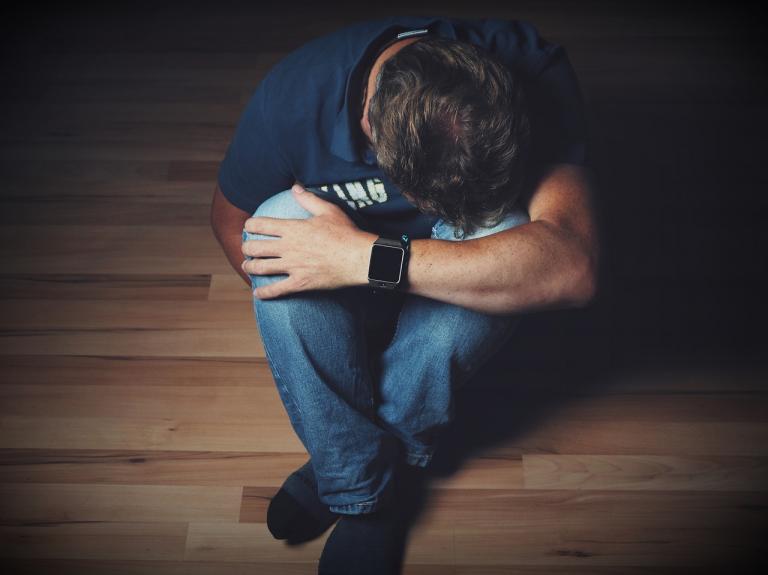
Guilt is a universal feeling, since none of us fallen creatures can live up to our own principles. But without a religion offering atonement and redemption, people must deal with their guilt in other ways, such as politics.
So says Alexander Riley in his Federalist article, How Secularism Fuels Campus Outrage, The Federalist. After recounting two incidents of college students who shut down a mildly conservative speaker, he reflects on the self-righteousness, the indignation, and sense of victimhood displayed by these privileged–yet “woke”–young adults. He then makes the connection to guilt:
Guilt is a common human emotion. We are wired to be acutely sensitive to our perceived moral responsibilities for others, even when the case for such responsibility is weak or non-existent. Doubtless some of this has to do with our fear of being judged as morally insensitive and uncaring and our trepidation about the social risks for us that such a classification carries.
But when we see others who are not doing as well as we are, we need a method for making sense of that. And we avidly desire to be of clear conscience, to think ourselves and to be thought of by others as good people with good intentions who generally do good things.
Many religions devote considerable energy to elaborating theological and eschatological principles that explain human guilt and provide supernatural relief for its stain. We may be unavoidably guilty, and that such guilt may stand in the way of our ability to become the kind of creatures we need to be to attain redemption. But God acts to redeem us despite ourselves, and if we accept that offering, we need no longer be consumed and rotted from within by our guilt.
The woke have largely rejected those explicitly religious means of purging guilt. They are disproportionately secularist in their outlook, and when they are religious, they tend to adhere to the most anti-theological and anti-moralist varieties of religious thought.
They are, however, tremendously concerned about guilt. They see suffering everywhere they look, and they lack a moral discourse to explain it as, for example, an inevitable aspect of a fallen human condition, or perhaps as a proving ground for the human spirit.
Unchanneled by moral narratives of depth akin to Judeo-Christian religious frameworks, arguably no emotion can move an individual to more depravity than his guilt for the suffering of others. The woke attempt to leap over their sense of their guilt by furiously endeavoring to transform themselves into suffering victims of oppression, as this is the only morally feasible position to occupy in their distorted ideological system. All who are not victims of oppression must, by definition, be among its perpetrators, and they cannot be sufficiently despised.
[Keep reading. . .]
There are other ways of dealing with guilt, apart from repentance and finding forgiveness. They all involve self-justification. For example, you can become a hypocrite by trying to cover your guilt with harsh and censorious moralism. Or you can deny and attack whatever makes you feel guilty.
Image by Holger Langmaier from Pixabay














